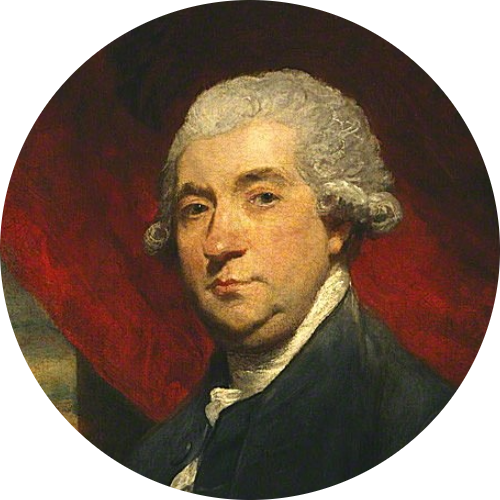A Scottish-born poet and playwright, who changed his name from the Scottish Malloch to the English Mallet. A student of the universities at Aberdeen and Edinburgh. In 1742 he married Lucy Estob, daughter of the Steward to the Earl of Carlisle, a marriage which seems to have secured him financially.
David Mallet came to London in 1723, and, in 1725, was the private tutor of the sons of the Duke of Montrose on Hannover Square. As a poet and dramatist, he is best remembered for his early ballad William and Margaret (1723). In 1739 his tragedy Mustapha met with great success at Drury Lane, where it ran for fourteen nights. He co-wrote, with his friend James Thomson (1700-1748), the masque Alfred (1740) which included Rule Britannia, and in 1740 and 1754 respectively he published the Life of Francis Bacon and the Works of Bolingbroke.
Although a Scotsman, Mallet was intensely disliked by most Scots. He has been characterized as "a dapper, quick-witted, talented but unscrupulous man" and Dr. Johnson said of him that "he was the only Scotsman of whom other Scotsmen did not speak well".1
Boswell didn't like Mallet, and having seen the premiere of the tragedy Elvira on January 19, 1763, Boswell wrote and published, with George Dempster and Andrew Erskine, a harsh critique of the play,and its author, under the title of Critical Strictures on the New Tragedy of 'Elvira', written by Mr. David Malloch. It was published by William Flexney. They made the mistake of quoting a conversation with David Hume, which angered Hume somewhat.
In 1759 was published The Works of David Mallet Esq. which is often available via the AbeBooks used books search engine. 2004 reprints of The Poetical Works of David Mallet with the Life of the Author (1780) are also available.
